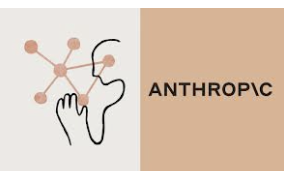Axios writes
This week’s music industry lawsuit against Anthropic adds yet another challenge to how AI firms train their large language models and offers a fresh reminder that generative AI remains a legal minefield.
Why it matters: The decisions courts reach in cases like this will lay the groundwork for decades of law governing AI.
Driving the news: Universal Music Group and other major record labels sued Anthropic on Wednesday for using its AI tool to distribute copyrighted lyrics without a licensing deal. Anthropic did not respond immediately to our request for comment.
- The complaint focuses on OpenAI rival Anthropic’s Claude 2, a chatbot that was released in beta in July.
- Last month Amazon announced a $4 billion investment in Anthropic, joining Google’s $300 million stake.
Conflict over LLM inputs and outputs has been brewing for a while and this lawsuit mirrors similar efforts from writers and actors suing AI companies over use of their work.
- There are issues with both the way the AI engines are trained as well as the fact that, in some cases, they output content that reproduces part or all of a copyrighted work, Jason Peterson told Axios.
- Peterson is the CEO of GoDigital Media Group, a media and technology company focused on intellectual property rights management and claims to be one of the largest independent music copyright holders in the world.
- “This copying to storage for use in AI training is a likely clear-cut case of infringement, and the courts will put a stop to it,” Peterson added in an email.
Zoom in: The record label claims against Anthropic, while similar to those made by writers and actors, could be easier to prove.
https://www.axios.com/2023/10/20/music-lyrics-lawsuit-anthropic-ai-copyright




